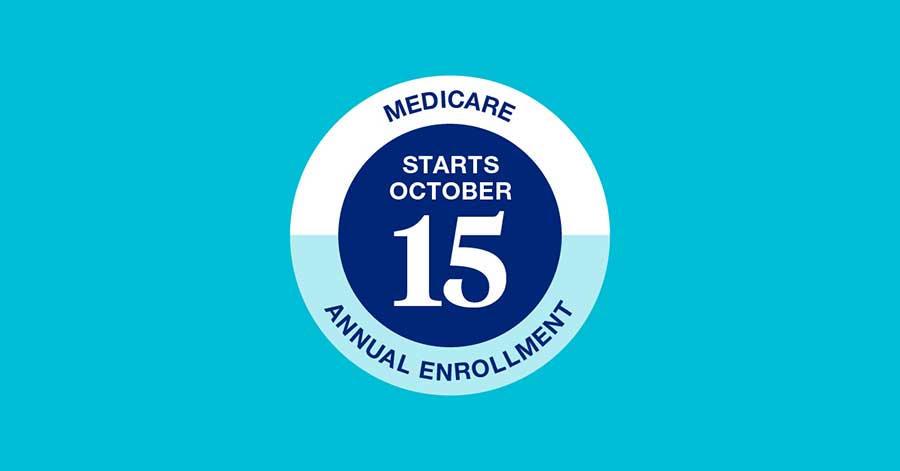
Medicare Annual Enrollment Period
Aka AEP… Beginning October 15th and ending December 7th, the Medicare Annual Enrollment Period (AEP) is when you’ll suddenly find yourself inundated with commercials, phone calls, emails, letters, and solicitations everywhere you turn.
It’s the one time each year you can make changes to your enhanced coverage with Medicare. Enhanced coverage…huh? That simply means anything beyond Original Medicare. So, if you have a Medicare Supplement (Medigap), a Medicare Advantage plan (Part C), and/or a Part D Prescription Drug Plan (PDP), this is your chance to review and adjust your coverage.
Any changes you make during AEP will take effect on January 1st. Behind the scenes, brokers like me begin receiving details about the upcoming year’s plans between August and September—but we can’t discuss or share those details until October 1st.
In the meantime, you’ll receive a document in the mail called the Annual Notice of Change (ANOC). This outlines any updates your current plan will experience in the new year. Sometimes it’s small things like premium or copay adjustments. Other times, it’s bigger—like changes to your prescription drug coverage, your provider network, or even a termination letter if your plan won’t be offered the following year.
Sometimes the changes are small, sometimes they’re significant—and that leaves many people wondering: What should I do with this information? More importantly, what happens if I don’t do anything at all?
If you don’t take action during AEP, your current plan will usually roll over into the new year with whatever changes your insurance company has made. On the surface, that sounds simple enough—but it can also mean some unpleasant surprises come January.
Your premiums might increase. Your copays or deductibles could look different. Your prescription drug list (formulary) may change, leaving you with higher medication costs—or even uncovered prescriptions. If you’re in a Medicare Advantage plan, your favorite doctor or hospital might no longer be in-network. And in the event your plan isn’t renewing at all, doing nothing could leave you un or underinsured.
The bottom line? While it’s true you don’t have to make changes during AEP, it’s always wise to review your options. Even if you end up sticking with your current plan, at least you’ll know it’s still the best fit for you.
That’s why working with a knowledgeable, independent broker can make all the difference. It’s not just about AEP—it’s about having someone in your corner all year long.
I don’t just help you pick a plan once and disappear. I keep in touch to make sure you’re actually using the benefits you’re paying for, I can help you look up providers, check the cost of a new medication, or answer any questions that pop up between enrollment periods. Think of me as your personal guide through the sometimes confusing world of Medicare—someone who knows the ins and outs, and who’s genuinely looking out for your best interest.
Waiting until the last minute can lead to stress, missed opportunities, or coverage gaps. By partnering with a broker, you can navigate AEP with confidence, knowing you have someone on your side to simplify the process, answer your questions, and ensure your coverage truly fits your needs.
